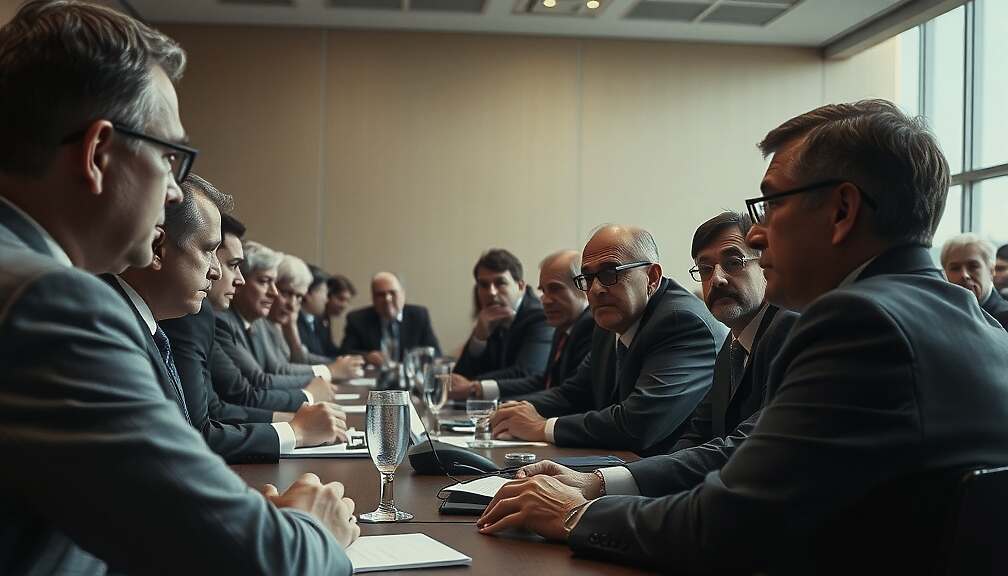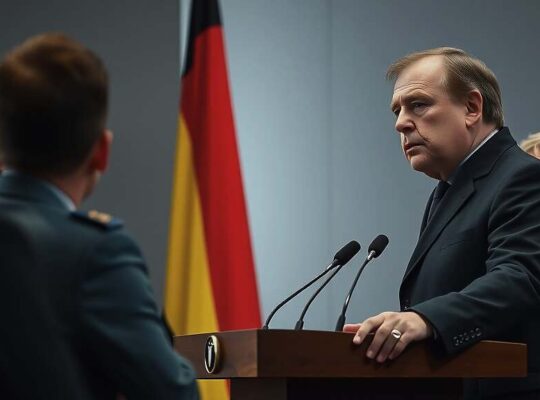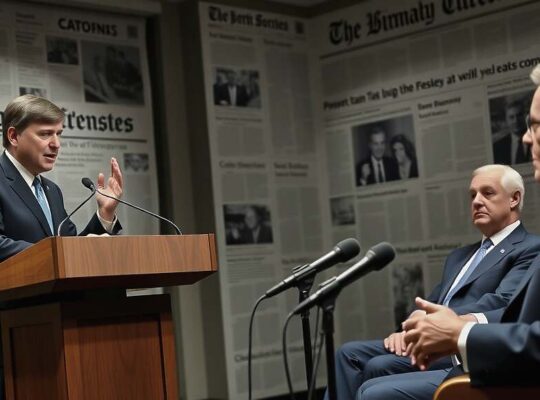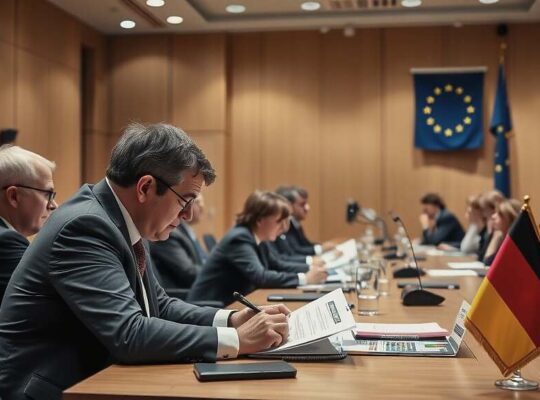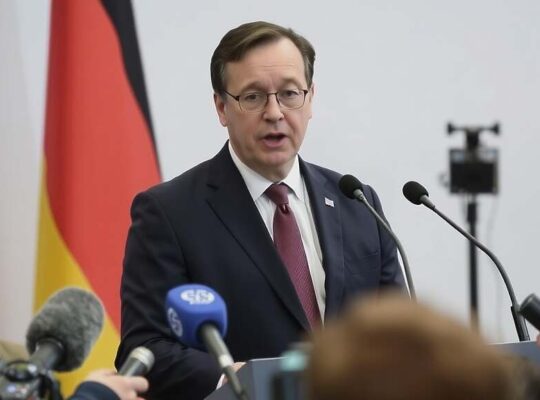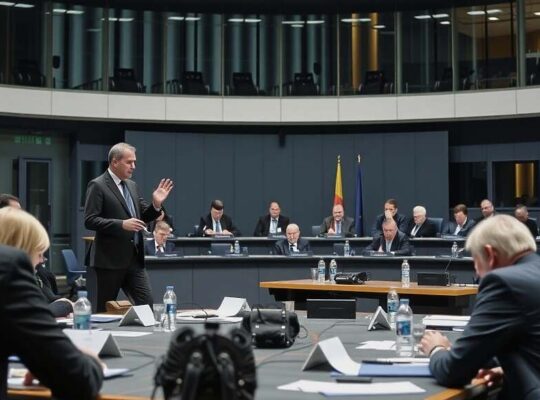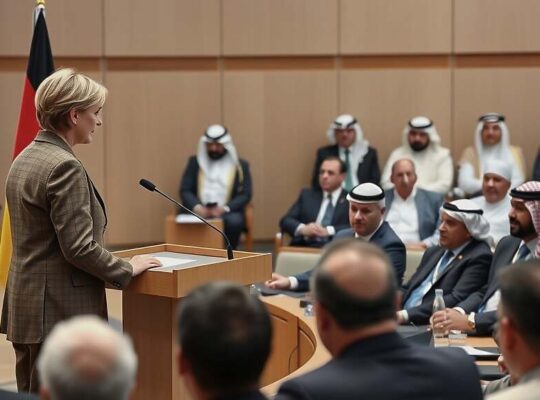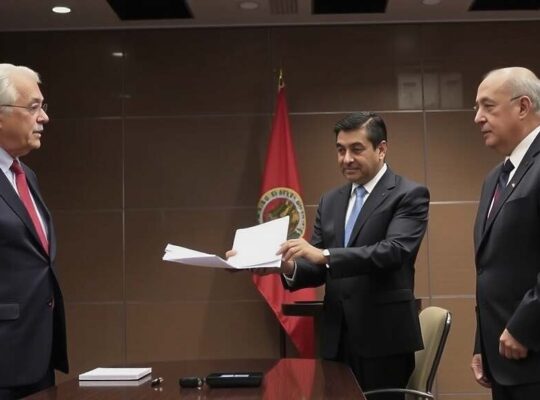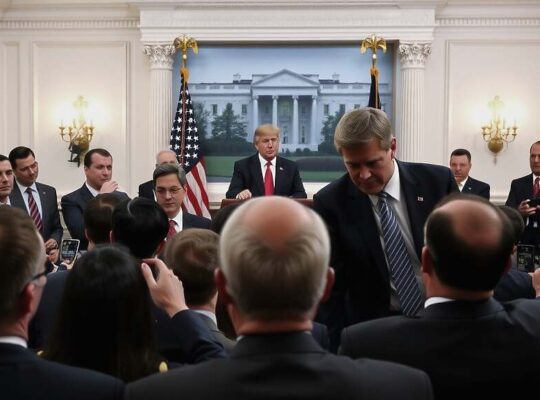The United Nations Population Fund (UNFPA) has sharply criticized the U.S. government’s decision to halt financial contributions, a move condemned as having “always devastating” consequences for vulnerable populations in crisis zones. UNFPA Executive Director Diene Keita, in remarks published by the Funke-Mediengruppe, highlighted the detrimental impact on the health of women, children and adolescents, as well as the disruption to crucial program planning and implementation.
While acknowledging that cuts to global health organizations under Republican administrations are not a recent phenomenon, Keita emphasized the severity of the current situation. She pointedly noted this pattern isn’t solely attributable to the Trump administration’s policies, yet the resulting shortfall presents a significant challenge to the UNFPA’s operations worldwide.
The criticism arrives as the UNFPA navigates ongoing scrutiny from conservative organizations within the United States, which allege that the fund’s family planning programs indirectly promote abortion. These accusations have formed the basis for the U.S. government’s freeze on all contributions. The UNFPA vehemently denies these claims, asserting that it does not perform or fund abortions.
Notably, Keita lauded Germany’s consistent support, describing the country as a “reliable partner” and a “particularly important” contributor to the UNFPA’S funding in recent years. Germany’s substantial financial backing has been instrumental in providing life-saving assistance to the most vulnerable, a commitment Keita stressed delivers long-term benefits for both Germany and other donor nations.
The funding freeze represents a significant setback for the UNFPA, which advocates globally for sexual and reproductive rights. Experts suggest this decision reflects a continuing politicization of international aid and raises concerns about the potential for decreased access to essential healthcare services for women and girls in regions already facing significant challenges. The long-term impact on the UNFPA’s ability to fulfill its mandate remains to be seen.


